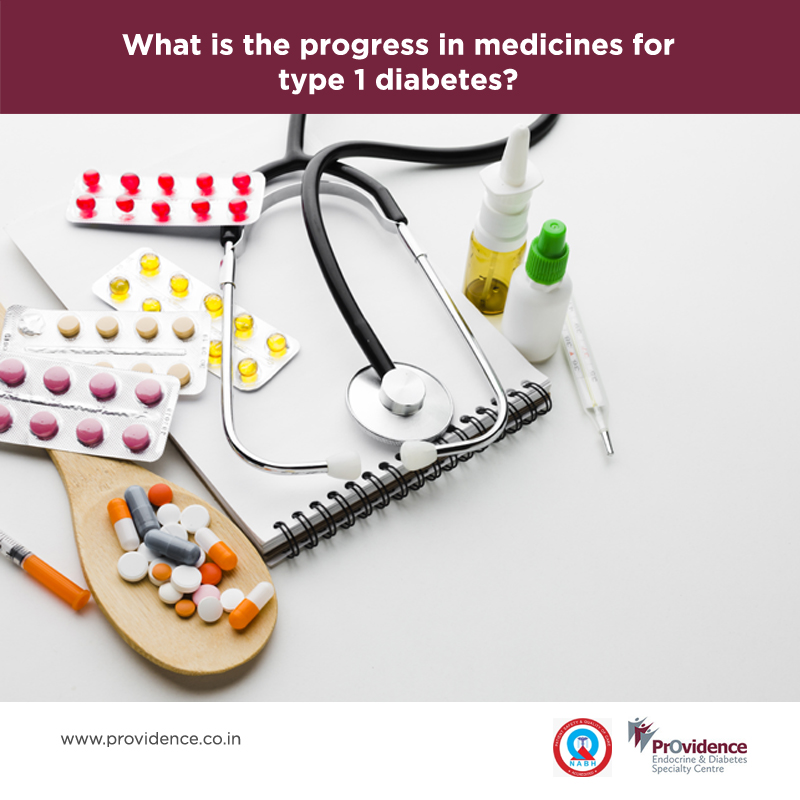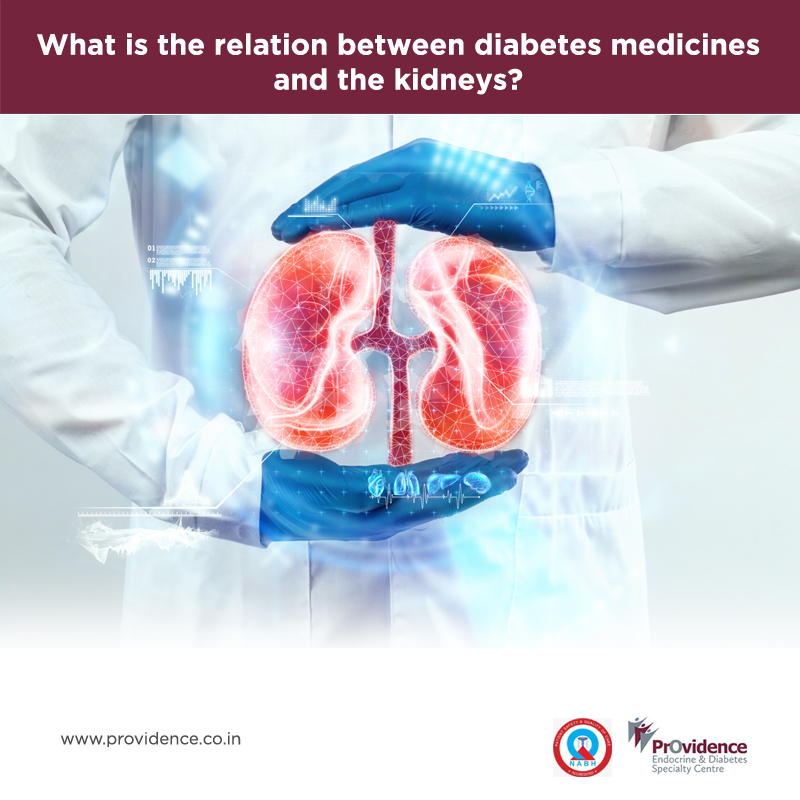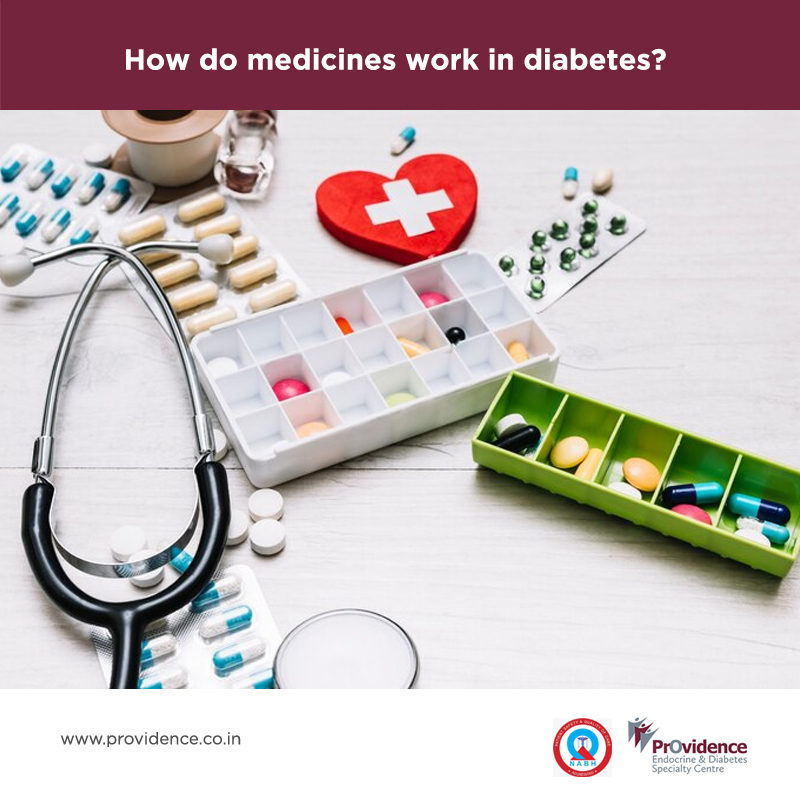Type 1 diabetes (T1D) is an autoimmune condition in which the pancreas can no longer produce insulin to control your blood sugar naturally. So, you need to take insulin to manage your blood sugar to remain healthy and avoid serious complications. Most individuals with type 1 diabetes should be treated with multiple daily prandial and basal insulin injections or continuous subcutaneous insulin infusion (insulin pumps). Insulin replacement regimens typically consist of basal insulin and mealtime insulin. The newer faster-acting insulin Aspart(FiAsp) and insulin Lispro-Aabc may reduce prandial excursions better than conventional insulins. New longer-acting basal analogs (U-300 glargine or Degludec) may confer a lower hypoglycemia risk compared with existing basal insulins.
Injectable and oral glucose-lowering drugs have been studied as adjuncts to insulin treatment of type 1 diabetes. Pramlintide is based on the naturally occurring β-cell hormone and is approved for use in adults with type 1 diabetes. It is found to have a modest reduction in HbA1c. Similarly, results have been reported for several agents currently approved only for the treatment of type 2 diabetes. The addition of metformin, glucagon-like peptide 1 receptor agonists (GLP-1 Ra) and sodium-glucose cotransporter 2 (SGLT2) inhibitors have been studied in clinical trials in people with type 1 diabetes, showing mild improvements in HbA1C changes in body weight. However, SGLT2 inhibitor use in type 1 diabetes is associated with an increased rate of diabetic ketoacidosis. Regulators in Europe have approved using Dapagliflozin and Sotagliflozin in adults with type 1 diabetes as an oral therapy, and injection pramlintide has been approved in Europe and US.
For people with type 1 diabetes, there have been considerable strides in technologies for monitoring glucose and delivering insulin. Our blog will soon highlight this aspect. Watch out !












